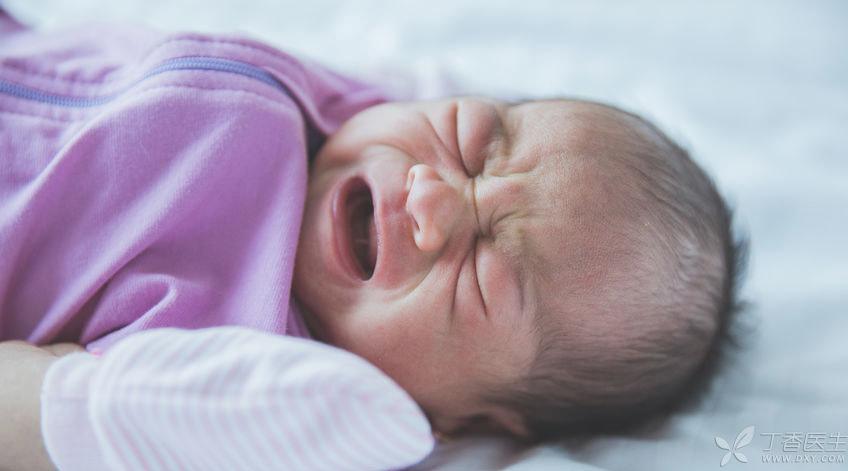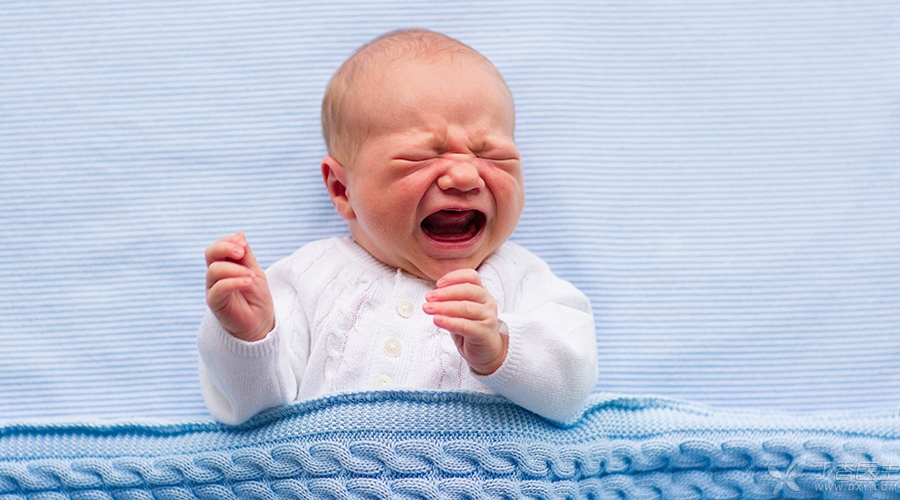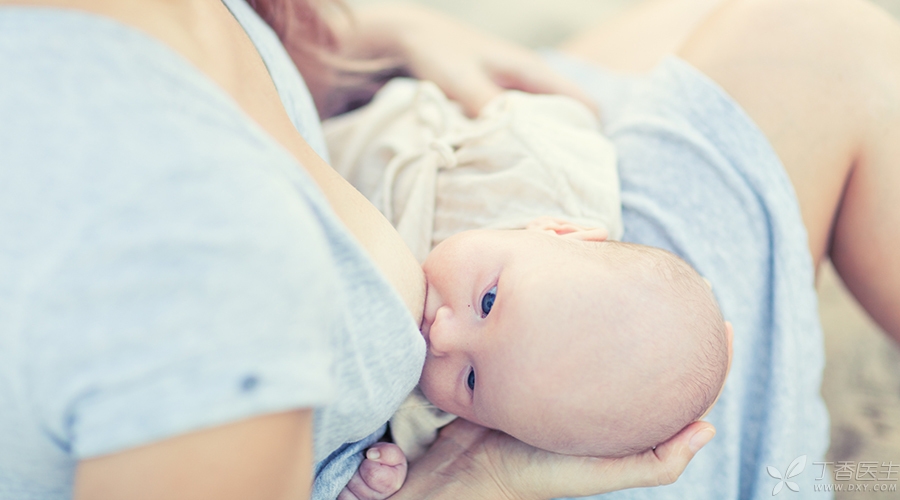
The baby’s sleep problem is a big problem for the whole family. As long as the baby does not sleep well, no one wants to sleep well.
In fact, many sleep problems of the baby are caused by parents. The baby’s sleep is affected by parents, and the baby’s poor sleep in turn affects parents, falling into a vicious circle.
In order to let everyone get rid of the sleep spell as soon as possible, we invited Wang Rong, a sleep consultant, to give everyone some popular science about 4 behaviors that [destroy] the baby’s sleep, so that everyone can step on less pits.
Don’t excessively stimulate and tease your baby before going to bed.

The newborn babies have poor eyesight and hearing, which greatly helps them avoid the stimulation of light, smell and sound from the outside world.
In the second month after the baby came out, the awake time began to grow longer, and the eyesight and hearing also gradually improved. At this time, the baby will not completely avoid stimulation, and the sleep problem will begin to highlight.
When we want to sleep, we will shield the rumbling sound of the refrigerator, the bad smell and even a little discomfort.
However, for babies within four months old, they do not have the ability to block information unrelated to sleep, nor do they have the energy to pick out information related to sleep from various stimuli.
So even if the baby is sleepy, he will still [be forced] to wake up.
At this time, the baby will have difficulty falling asleep, crying for a long time, excessive excitement and other difficult to fall asleep. Even after falling asleep, the baby is easy to wake up frequently and cry, and the nap is very short.
The common cases of consultation are that the baby cannot sleep peacefully for several consecutive days after the 100-day banquet, falls asleep and cries, and frequently wakes up at night.
Babies within 4 months should not only avoid excessive stimulation before going to bed, but also at ordinary times. For example, don’t take your baby to a lively wedding and don’t play too much before going to bed.
For babies over 4 months old, various stimuli such as playing before going to bed will make them too excited to fall asleep, and even if they fall asleep, they will have many dreams.
In addition, even for children over 3 years old, excessive stimulation before going to bed may also lead to night terrors.
Don’t delay your baby’s sleep time.

Many babies fall asleep very late, at 10 o’clock and 11 o’clock, and some even do not sleep until after 12 o’clock.
Babies who fall asleep late are usually influenced by the parents of night owls. Working parents work late and like to interact with their children at night.
When it comes to sleeping late, melatonin must be mentioned.
Melatonin is secreted by the pineal gland in the brain to adjust the circadian rhythm of the human body. Affected by light, melatonin starts to secrete when night falls, peaks at 2 ~ 3 a.m. and stops secreting in the morning.
However, melatonin secretion is affected by artificial light. Lights that light up until midnight at home will interfere with the baby’s biological clock, forcing the baby to sleep late.
The secretion of melatonin of newborn babies will be closer to that of adults at about 3 months old, and at this time, the sleep of newborn babies will be clear day and night.
The recommended sleep time for babies between 8 weeks and 1 year old at night is between 6 pm and 8 pm. (For babies living in Xinjiang, Tibet and other places, please add two hours to this time.)
Babies under 2 years old will wake up after daybreak or not sleep soundly no matter how late they sleep due to the influence of the body clock. As a result, the baby’s sleep at night will be shorter and the sleep quality will be worse.
In addition, some babies may end their nap at 3 pm and fall asleep very late at night. In this case, the baby is not only difficult to fall asleep, but also easy to wake up frequently in the middle of the night.
Don’t plug milk directly when the baby wakes up at night.

The reasons for the baby to wake up at night are very complicated, generally there are the following:
- Sleep environment factors: temperature, dry humidity, noise baby’s own factors: discomfort, flatulence, stinky, diaper leakage and other sleep too late and excessive stimulation
However, many mothers will subconsciously feed their babies when they wake up at night. This is understandable, after all, when the mother is awakened in the middle of the night, the mind cannot make rational analysis and judgment.
The problem is that without checking why the baby wakes up at night and directly stuffing milk, in many cases it will not only fail to solve the problem of the baby’s waking up at night, but also cause more waking up at night.
Small-month-old babies are prone to flatulence and wake up at night, while night milk will aggravate flatulence, resulting in more frequent waking up and more frequent night milk, falling into a vicious circle.
After 6 weeks, the baby will wake up in the middle of the night and nurse the baby, which will be strengthened after 4 months, resulting in frequent night milk after that…….
Therefore, when the baby wakes up at night, it is best to check the real reason why he wakes up at night so that the baby and himself can sleep well for the next night.
When the baby wakes up at night, don’t interfere too much.

Mothers often mention that there is always movement in the middle of the night for babies, and they need their mothers to nurse or pat them, or even shake them in their arms before they can continue to sleep.
If it is not comforted in time, the baby will wake up, play or play, or cry altogether.
In fact, the baby will have a short semi-awake period when the sleep cycle alternates.
At this stage, the baby will have a series of movements, such as grasping the face, chewing, turning over, crying, talking in his sleep, etc. Sometimes, the baby will briefly open his eyes, even sit up and stand up.
But all these actions do not mean that the baby really wakes up.
At this time, if the mother quickly picks up the baby to appease and nurse it, sometimes it will make the baby awake completely.
If mothers think that the baby is hungry or unhappy and take the initiative to comfort the baby, they will deprive the baby of the opportunity to learn to sleep or take sleep.
When the baby wakes up at night, the correct way should be to observe first to see if the baby really wakes up, and then check the reason. When it is found that the baby really needs breast-feeding or comfort, then breast-feeding or comfort.

Many mothers think that the baby can’t sleep well when he is young and will sleep well when he grows up. In fact, it is not.
Babies who wake up frequently at night when they are young, need to sleep in arms and milk, lack the opportunity to sleep independently, and will continue their sleep problems when they grow up.
At the same time, these big babies may also face delays and difficulties in falling asleep.
This is because these babies have not yet learned the ability to appease themselves and cannot calm themselves before going to bed.
Therefore, when the baby is young, we should pay attention to sleep problems, give the baby the opportunity to exercise the ability to sleep independently, and cultivate the baby’s healthy sleep habits as soon as possible.
